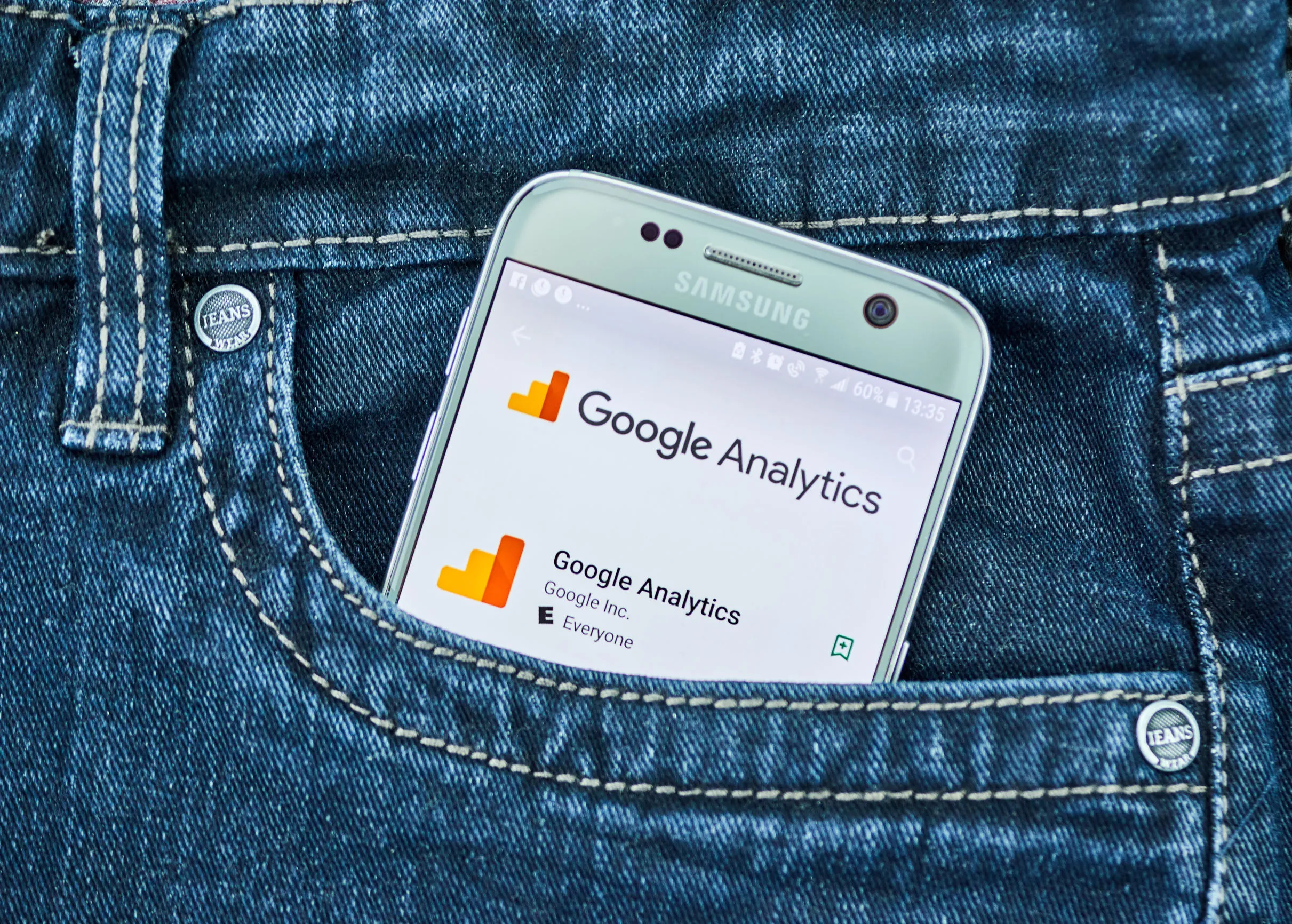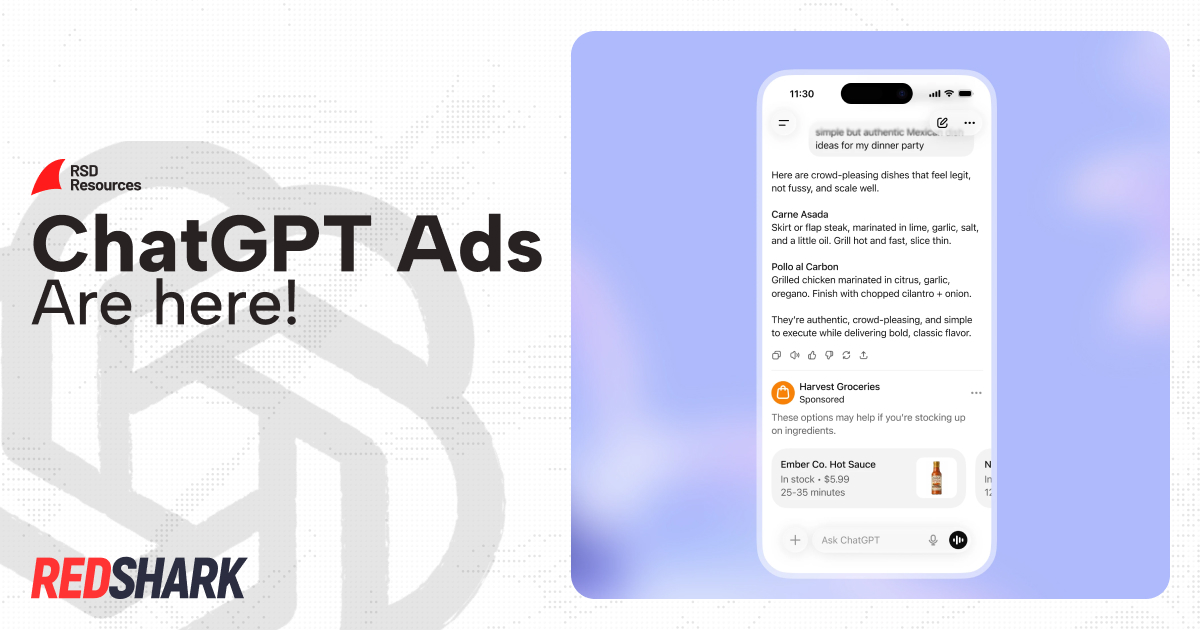
Understanding Google Analytics 4
Understanding Google Analytics 4
Featured & Recent Articles
Understanding Google Analytics 4

If you own a website or mobile app, it is likely that you utilize Google Analytics to gain a better understanding of your customers by tracking and reporting website traffic. If you are a long-time user, you may have felt completely blindsided by Google Analytics’ GA4 update in October of 2020. Don’t worry, we did too here at our digital advertising agency Raleigh NC. However, we have found that the update is not as complicated as it may seem. Here are the main things you need to know:
Your Google Analytics Property
Your company’s online data gets processed within your Property. With Google Analytics 4, your Property can collect data for both website and mobile app activity, whereas Universal Analytics (the old version) used two separate properties for websites and mobile apps.
Old: Two separate Properties, one for website activity and one for mobile app activity.
New: One single property for both website and mobile app activity!
Reporting
Have you ever looked at a product on your phone, but then decided to use your laptop to make the purchase? The new GA4 is built to handle various data streams; it de-duplicates users across data from different devices. Basically, GA4 can measure a single user journey across multiple devices based on the best available user identifiers. It can combine all of your data streams into one report, or you can use the Analysis tool for even more flexible ways to view your data.
Old: Duplicated users that used different devices and did not have flexible reporting.
New: De-duplicates users across data from different devices and has flexible ways to view data!
Collecting & Processing Data
Rather than using a session-based model that groups user interactions within a certain time frame like Universal Analytics did, GA4 uses an event-based model that processes each user interaction as a singular event. Events provide insights on pageviews, button clicks, user actions, or system events within your website or app. Events can even include things like the title of a page a user visited, the value of a purchase, or the geographic location of the user. For example, if a member of our digital advertising agency Raleigh NC visited your site, you would be able to see that the visit came from Raleigh NC!
Old: Session-based model that stored user interactions like pageviews and eCommerce transactions as hits. A single session could contain multiple hits.
New: An event-based model that fully specifies the action a user took and adds further context. User interactions are stored as events, like button clicks pageviews, system events, or user actions.
Analysis
Analysis allows you to use a variety of techniques to better understand your data. Here’s a quick run-down of all the different techniques:
- Exploration: Visualize your data by dragging and dropping variables onto a canvas.
- Funnel Analysis: Visualize the steps your users take toward a task or conversion.
- Path Analysis: Understand how people progress from one stage in the customer journey to the next.
- Segment Overlap: Compare up to three user segments to see how they overlap and relate to each other.
- User Explorer: Select specific groups of users and learn more about each user’s activities.
- Cohort Analysis: Explore over time the behavior of groups of users who share a common characteristic defined by a specific event they have triggered.
Create Your Own Property
The first thing to understand when creating a Property are the data streams. Data streams allow you to connect a single Property to the various place where users interact with your business, such as a website or an app. If you have both, you will need a separate data stream for each platform.
What If I Already Use the Old Analytics?
No worries, you can still create a GA4 property alongside your existing Universal Analytics property. Our digital advertising agency Raleigh NC recommends that you keep your Universal Analytics property running, but create a new GA4 property within your Analytics account.
The End | Digital Advertising Agency Raleigh NC
That’s it! See, the new Google Analytics 4 isn’t so difficult to understand, right? Another quick tip, if you want to find a specific report or insight, simply use the search box at the top of your Analytics account. Now get to analyzing!

















.webp)




.webp)
.webp)
